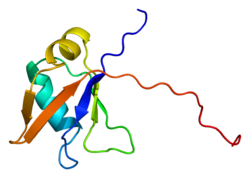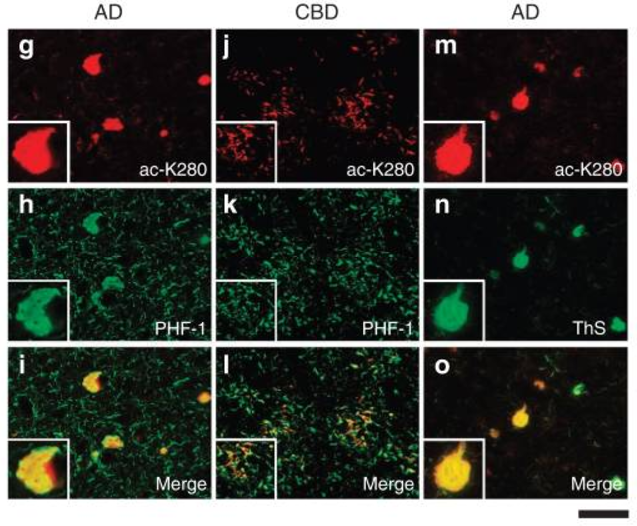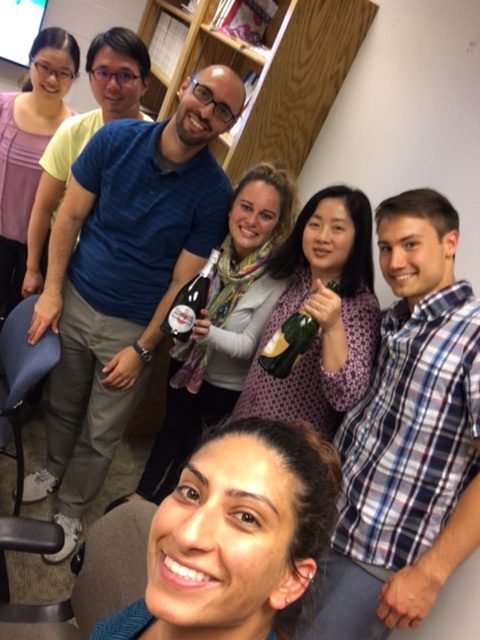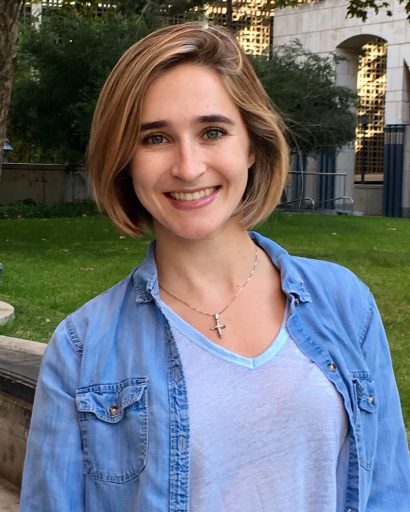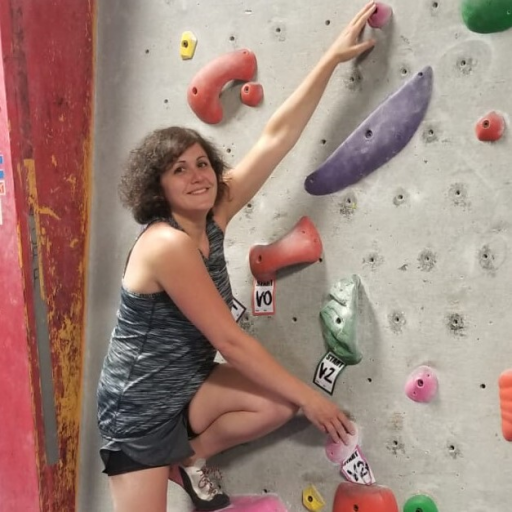Our Research Mission in Todd Cohen’s Lab at UNC Chapel Hill
One-liner: To identify the pathogenic mechanisms underlying neurodegenerative disease.
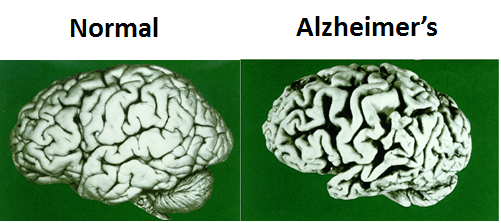
More specifically:
Although distinct, many of these diseases share common underlying pathogenic mechanisms. We seek to uncover the molecular pathways that promote protein aggregation and the formation of amyloid deposits that cause neurodegeneration and cognitive impairments.
Using a combination of biochemistry, genetics, and cell biology, we have identified several post-translational mechanisms including lysine acetylation, phosphorylation, and cysteine disulfide modifications that critically regulate many disease-associated proteins in the brain including the tau protein in AD and the TDP-43 protein present in ALS and FTLD patients. We have pioneered the concept that lysine acetylation, in particular, is an unanticipated, yet critical modification that promotes the evolution and maturation of pathological aggregates in a spectrum of neurodegenerative diseases.
This raises the intriguing possibility of modification-targeted therapeutics to combat normal ageing mechanisms and a broad range of neurodegenerative diseases. Ultimately, by uncovering the mechanistic details that regulate normal and aberrant protein functions in the diseased brain, can we begin to uncover the molecular platform for future drug-based therapies against these debilitating diseases.
Approach:
We utilize a multidisciplinary approach from the “bottom-up”, starting at the protein level and progressing towards more relevant models to answer fundamental questions about protein function and aggregation in neurodegenerative disease.
Relevance:
Although clinically and pathologically distinct, the disorders shown below share a common underlying pathogenic mechanism in which normally soluble proteins become abnormally sequestered into protein aggregates that can exert toxic loss and gain of functions in a tissue-specific manner.
Current research projects:
1) Tau-mediated neurodegeneration in Alzheimer’s disease
Tau acetylation causes increased tau aggregation in vitro and promotes the formation of tau tangles observed in AD brain (Cohen et al., Nat Commun, 2011).
Read More →
